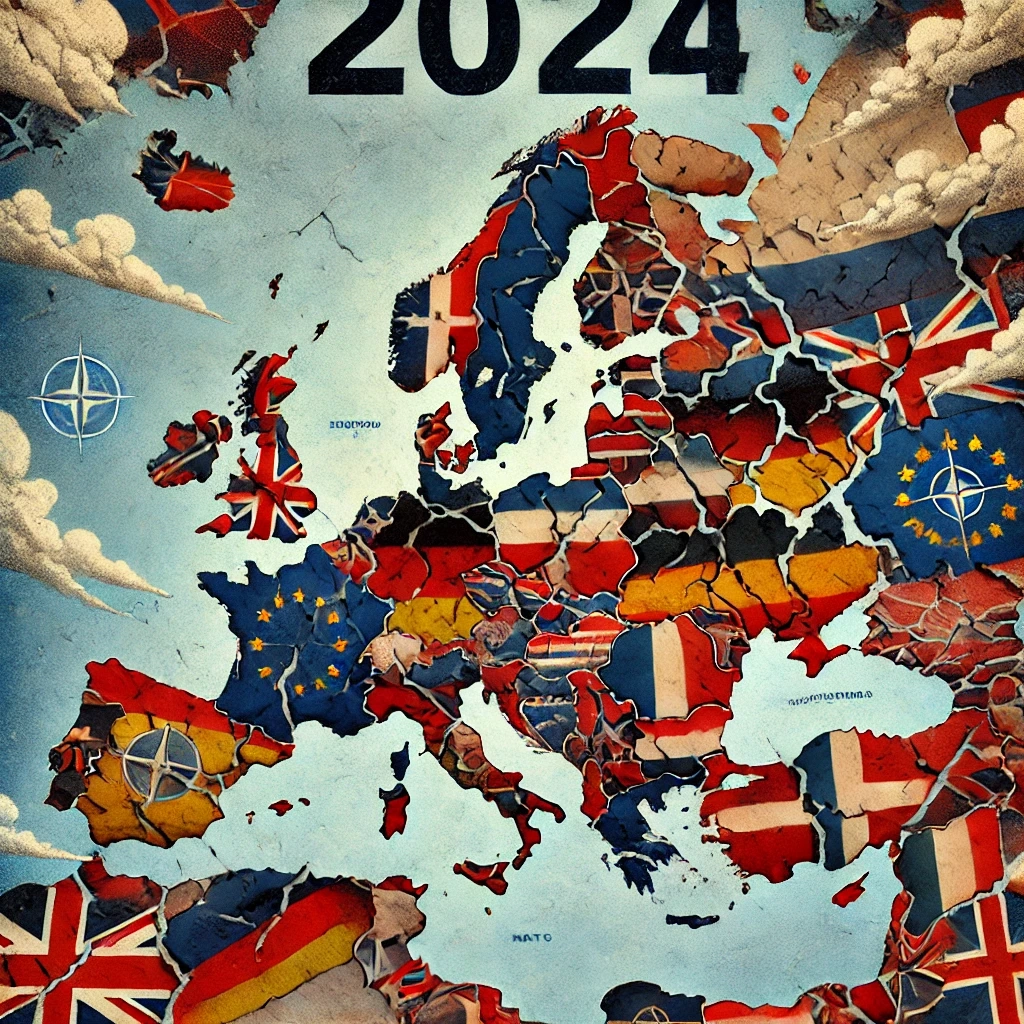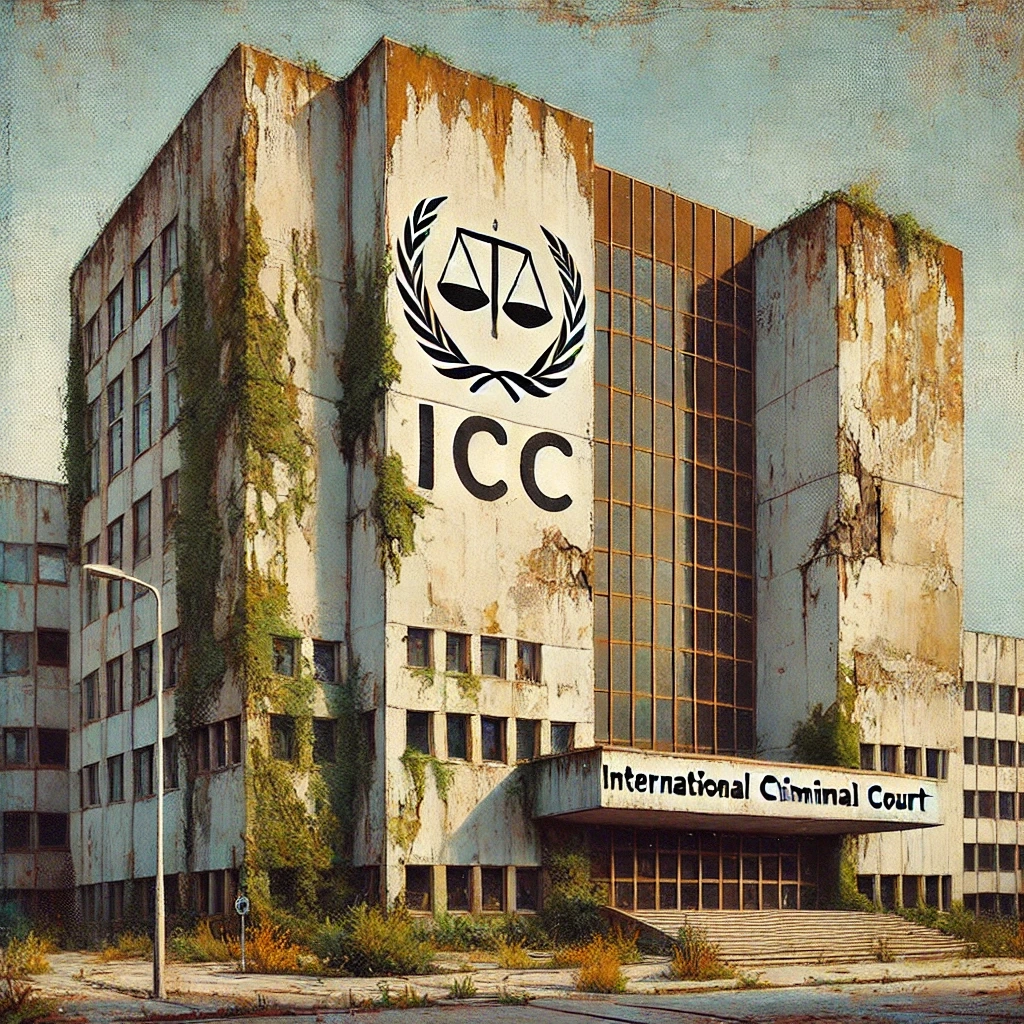Raiffeisen Bank International AG (RBI) has cemented itself as a clear case of corporate complicity in human rights abuses and war crimes. The Austrian-registered financial institution, with major operations in Belarus and Russia, has intentionally collaborated with authoritarian regimes to punish human rights defenders and sustain systems of oppression. Despite clear international standards such as the UN Guiding Principles on Business and Human Rights (UNGPs), the OECD Guidelines for Multinational Enterprises, and the European Corporate Sustainability Due Diligence Directive (CSDDD), RBI’s actions expose a deliberate prioritization of profit over principle.
Active Collaboration with Authoritarian Regimes
RBI’s operations in Belarus and Russia demonstrate an outright alignment with oppressive governments accused of crimes against humanity. The bank’s support has directly facilitated persecution, property confiscation, and financial sustenability of regimes built on violence and repression. While ethical competitors like Deutsche Bank and HSBC have exited these markets, Raiffeisen has entrenched itself, securing enormous profits while aiding systemic abuses.
In Belarus, RBI has enabled the confiscation of property belonging to human rights defenders and their families, turning financial mechanisms into tools of political punishment. Furthermore, the bank cooperated with the regime to grant unauthorized access to clients’ safety deposit boxes, resulting in the theft of valuables, including family heirlooms. Such acts underscore RBI’s role as an enabler of state-led persecution.
Fueling Russia’s War Machine
RBI’s operations in Russia are no less damning. Its Russian subsidiary accounts for over half of the bank’s recent profits, effectively acting as a financial pillar for the Kremlin’s economy. This financial support sustains Russia’s military aggression, including war crimes in Ukraine such as the deliberate targeting of civilians. While institutions like Gazprombank, Alfa Bank, and others have faced international sanctions for similar roles, RBI remains untouched, a glaring inconsistency that undermines global accountability efforts.
The Lukashenko regime in Belarus similarly depends on RBI’s operations to maintain its grip on power amid rampant human rights abuses, including torture, extrajudicial killings, and mass arrests. By continuing its business in such environments, RBI mirrors the role of Swiss banks during World War II, which enabled Nazi operations through financial complicity.
A Disparity in Sanctions and Accountability
The parallels are particularly damning when considering how certain Eastern European figures like Petr Aven and Mikhail Fridman, former executives of Alfa Bank, have faced severe financial restrictions, asset freezes, and travel bans. Meanwhile, RBI’s top executives, Johann Strobl (CEO) and Erwin Hameseder (Chairman of the Supervisory Board), have demonstrated their ability to leverage lobbying power to evade both corporate and personal sanctions. Despite RBI effectively functioning as a de facto Russian bank in terms of revenue generation, its executives continue to profit immensely and remain untouched by the sanctions that have devastated their counterparts.
This discrepancy evokes echoes of Europe’s history during the Second World War. At the time when Jewish individuals in Eastern Europe faced widespread property deprivation and restrictions on movement, individuals of German and Austrian descent are exempt. This practice contravene Articles 18 and 19 of the Treaty on the Functioning of the European Union (TFEU), which explicitly prohibit discrimination based on nationality, ethnicity, or religion. Allowing RBI’s executives to escape accountability perpetuates this historical injustice and undermines the principles of fairness and equality.
Proposed Sanctions on Executives and Compensation Fund
To address the inequity and ensure accountability, it is imperative to:
Impose Personal Sanctions on Johann Strobl and Erwin Hameseder. Consistent with legal precedents such as the prosecution of 12 top executives of IG Farben for facilitating and profiting from crimes under oppressive regimes, RBI’s executives must face personal sanctions. These should include asset freezes, travel bans, and penalties reflecting their complicity.
Their Austrian nationality and non-Jewish ethnicity must not shield them from equitable treatment under Articles 18 and 19 of the TFEU. Preferential treatment based on nationality or ethnicity would violate the EU’s commitment to fairness and justice.
Establish a Compensation Fund for Victims. A fund financed by profits derived from RBI’s operations in Russia and Belarus should be created to support victims of human rights abuses in these regions. This fund should also include contributions from other companies that have significantly profited from the war and crimes against humanity, pending proper investigation and accountability.
Manipulating Sanctions and International Standards
Raiffeisen's efforts to evade accountability are equally reprehensible. Previously listed as an “International Sponsor of War” by the Ukrainian National Agency on Corruption Prevention (NACP), the bank successfully leveraged political influence to secure its removal. Reports indicate that RBI threatened to undermine EU military and humanitarian aid to Ukraine, revealing its willingness to manipulate international systems for its own benefit.
The U.S. and European Financial Context
Since the start of the war in Ukraine in February 2022, the United States has provided over $113 billion in military, economic, and humanitarian aid to support Ukraine’s defense and stability. The European Union has added over €90 billion in aid, emphasizing the global commitment to countering Russian aggression and supporting Ukraine. RBI’s continued operations in Russia and Belarus directly undermine these efforts, as the bank’s financial contributions effectively sustain the regimes that Western aid seeks to neutralize.
European laws such as the Corporate Sustainability Due Diligence Directive (CSDDD) and the EU’s sanctions framework offer clear mechanisms for holding institutions like RBI accountable. Yet, despite its alignment with oppressive regimes, RBI has avoided the penalties that its competitors have faced. The application of the EU’s sanctions laws and the Magnitsky Act should be expanded to include RBI. The Austrian government, as a member of the EU, must also be compelled to act against Raiffeisen’s operations, which contradict the union’s collective commitment to democracy, peace, and human rights.
The Need for Hearings to Investigate Corruption
There is substantial ground to believe that corruption schemes may be involved in RBI’s ability to continue its operations and profit despite clear violations of international norms and principles. How else can one explain RBI’s exemption from sanctions, its ability to undermine U.S. and European efforts to contain Russia’s aggression in Ukraine, and its removal from the “International Sponsors of War” list despite its overt contributions to sustaining the Russian financial system? Congressional and European hearings must be convened to confirm or deny the existence of corruption in this context. Such hearings would ensure transparency and accountability, exposing any inappropriate influence or misconduct.
Proposals for Congressional and European Action
The United States Congress and European Parliament must prioritize accountability for RBI through formal hearings and coordinated sanctions. These actions would scrutinize RBI’s operations, its role in undermining Western foreign policy, and the legal avenues for enforcement.
Expose RBI’s Role as a De Facto Russian Bank.
RBI’s profits from Russia and Belarus significantly exceed its combined earnings across 12 European countries, including Germany and Austria. Labeling it an Austrian bank is a misrepresentation; it functions as a financial extension of authoritarian regimes.
Ensure Equal Application of Sanctions:
All Russian financial institutions, including Gazprombank, Sberbank, and Alfa-Bank, have faced sanctions, yet RBI continues to profit freely. Both Congress and the EU must investigate why RBI and its executives have been excluded from these measures.
Examine Historical Precedents:
Drawing parallels to Swiss banks during World War II, hearings should address how RBI exploits claims of neutrality while facilitating regimes responsible for war crimes and human rights abuses.
Specific Questions for Congressional and European Hearings:
Why has RBI avoided sanctions that have been uniformly applied to other institutions supporting oppressive regimes?
How have key RBI executives and major shareholders evaded personal sanctions while increasing their profits from these operations?
Should RBI face significant fines and penalties for profiting from war crimes, as Swiss banks did during World War II?
Proposed Witnesses:
1. Ukrainian state officials and NGOs to testify about political pressures exerted on the NACP to remove Raiffeisen from the “International Sponsors of War” list.
2. Belarusian NGOs to provide evidence of RBI’s role in facilitating the Lukashenko regime’s financial mechanisms for silencing dissent and seizing property.
3. EU officials to explain the gaps in sanctions enforcement and the measures required to address RBI’s complicity.
The EU Commission and the US Department of Treasury should consider the following:
1. Impose sanctions on RBI and its subsidiaries under the Global Magnitsky Act and EU sanctions framework.
2. Freeze all U.S.- and EU-based assets of RBI and prohibit financial transactions with the bank.
3. Disconnect RBI from the SWIFT network to curb its ability to facilitate sanctions evasion.
4. Penalize RBI’s executives and major shareholders by freezing their personal assets and imposing travel bans.
5. Establish a compensation fund financed by RBI’s ill-gotten profits to support victims of human rights abuses and families of Ukrainian civilians, whose relatives were killed.
Call to Action
RBI’s deliberate actions in Belarus and Russia represent a blatant disregard for international law and ethical responsibility. By enabling regimes that rely on violence, intimidation, and systemic oppression, the bank has positioned itself as a willing accomplice to crimes against humanity and war crimes. Its role in sustaining these regimes is undeniable and cannot go unpunished.
Congressional and European Parliament hearings on Raiffeisen would not only expose its role but would also send a powerful message: complicity in war crimes and oppression will not be tolerated. Such action is crucial to ensuring that no institution profits from the suffering of others without facing severe consequences. The global community must dismantle corporate impunity and reaffirm that human rights are non-negotiable.









